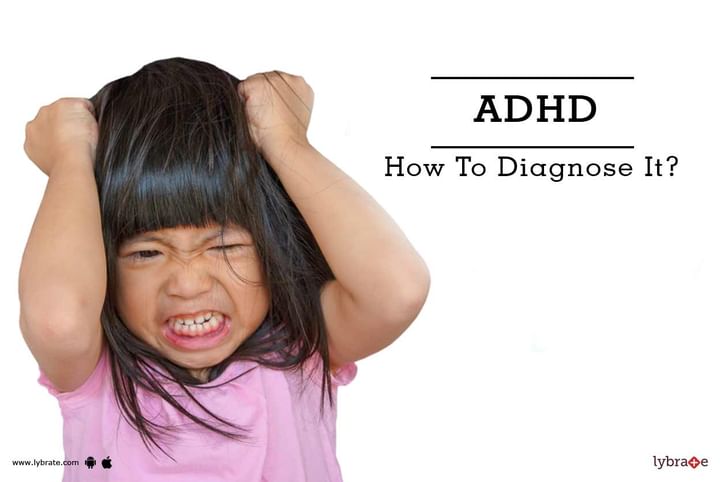ADHD - How To Diagnose It?
Concentration problems and trouble in focusing on one task at a time can be termed as Attention Deficit Hyperactivity Disorder or ADHD, in rare and severe cases. While most of the cases are identified in one's childhood, it has been seen that many cases persist into adulthood while still others go completely undiagnosed. This mental health disorder comes with a number of symptoms and management methods. Read on to know more.
Symptoms:
While many patients suffering from this disorder may not display any obvious symptoms at a young age as children are supposed to be brimming with energy, the symptoms for adult ADHD, start to show up in a more obvious fashion. Wavering concentration and low levels of focus along with disorganised living with impulsiveness are the first signs of adult ADHD. Such adults also have trouble when it comes to finishing one task at a time, or even focusing on a task for a prolonged period of time. Bouts of impatience and excessive activity can also show up as symptoms, while restlessness is a quality that most of these patients seem to possess.
Diagnosis:
The diagnosis of this condition is slightly difficult because most adults may complain of some or the other symptoms related to this condition at some point in their lives. Anxiety and mood swing related symptoms can help in diagnosing the condition in a better manner. If the condition ends up disrupting your normal life, work, socialising and behaviour in general, then you may want to see a doctor regarding the same, so that proper diagnosis may take place.
Causes:
While genetic predisposition is said to be the foremost cause of this condition, especially when it continues well into adulthood, there are various environmental factors that may also have a significant bearing on the onset of the condition. Exposure as a child increases the risk of falling prey to this condition. Also, when there are problems with the central nervous system during the developing years, the patient may start to develop symptoms connected with this disorder later on.
Treatment:
Stimulants and other medication like anti-depressants, nonstimulant amphetamine are also used for treating this condition along with therapy and psychological counselling for better organisation in life.



+1.svg)
